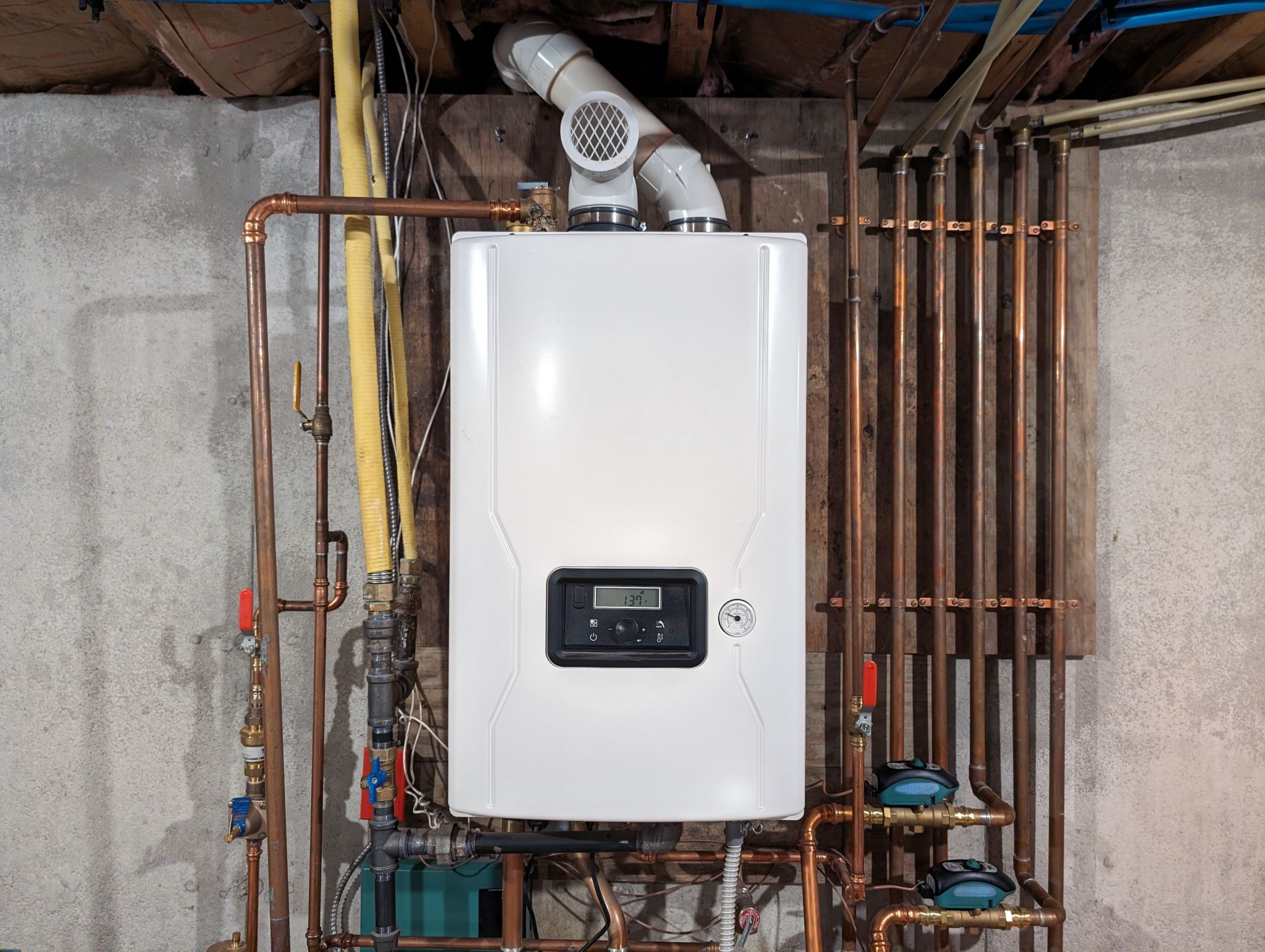How to Prepare Your Plumbing for Winter in Franklin County
HG
Understanding the Importance of Winterizing Your Plumbing
As winter approaches in Franklin County, it's crucial to prepare your plumbing system to withstand the cold temperatures. Failing to do so can lead to frozen pipes, costly repairs, and unwanted stress. By taking proactive steps, you can ensure a smooth winter season for your home.
Winterizing your plumbing is about more than just avoiding inconvenience. It’s about protecting your investment and preserving the integrity of your home. By following a few essential steps, you can prevent common winter plumbing issues.

Inspect and Insulate Your Pipes
The first step in preparing your plumbing for winter is to inspect and insulate your pipes. Look for any exposed pipes, particularly those in unheated areas like basements, attics, and garages. These are the most vulnerable to freezing temperatures.
Use pipe insulation to wrap exposed pipes. Foam or rubber sleeves are effective options that provide a protective layer against the cold. Additionally, consider using heat tape for extra protection in particularly cold areas.
Why Pipe Insulation Matters
Insulating pipes helps in maintaining the water temperature and preventing freezing. This simple measure can save you from the hassle of dealing with burst pipes and water damage. Investing in quality insulation is a small price to pay for peace of mind during the winter months.

Drain Outdoor Faucets and Hoses
Before the first freeze hits, make sure to drain and disconnect all outdoor faucets and hoses. Leaving water in these can lead to frozen pipes and potential bursts. Start by turning off the water supply to outdoor faucets and then open them to drain any remaining water.
Store your hoses indoors to prevent them from cracking in the cold. If your faucets have shut-off valves, ensure they are closed to block any water flow into exterior pipes.
Install Frost-Proof Faucets
Consider replacing standard outdoor faucets with frost-proof models. These are designed to prevent water from freezing inside the pipe, significantly reducing the risk of damage. This simple upgrade can save you from potential headaches.

Check Your Water Heater
Your water heater works overtime during the winter months, so it’s essential to ensure it's in top condition. Start by checking the temperature setting. The ideal temperature is around 120 degrees Fahrenheit to prevent scalding and reduce energy consumption.
Flush the tank to remove any sediment build-up. This improves efficiency and extends the lifespan of your heater. If your water heater is more than 10 years old, consider having it inspected by a professional to ensure it's ready for the winter demand.
Consider a Water Heater Blanket
Installing a water heater blanket can improve efficiency by reducing heat loss. This is especially beneficial if your water heater is located in an unheated space. Simple measures like these can lead to energy savings and consistent hot water supply throughout the colder months.

Know How to Shut Off Your Water
In case of an emergency, knowing how to quickly shut off your water supply is crucial. Familiarize yourself with the location of your main water shut-off valve and ensure it’s functioning properly. This knowledge can help you mitigate damage if a pipe does burst.
Consider labeling the valve for easy identification and ensure all family members know how to operate it. Being prepared can make all the difference in a plumbing emergency.
Plan for Professional Maintenance
While many winterizing tasks can be handled on your own, it’s wise to schedule a professional inspection. A licensed plumber can identify potential issues and make necessary repairs before the cold weather sets in.

By following these steps, you can protect your plumbing system from winter’s harsh effects, ensuring a hassle-free season in Franklin County. Taking the time now to winterize your home can save you money and stress in the long run.